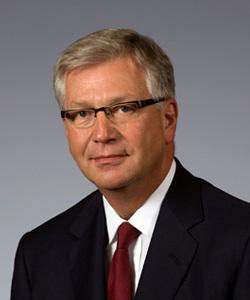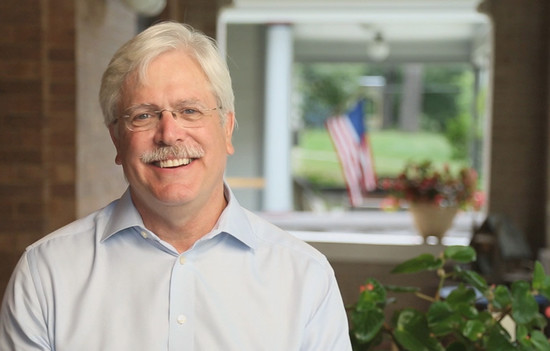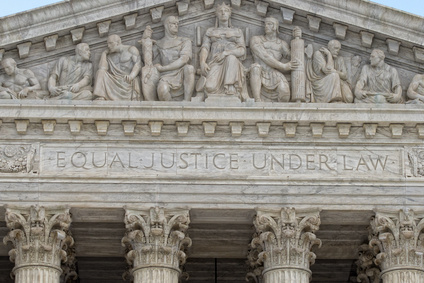Former U.S. Representative Greg Ganske has a guest column in today’s Des Moines Register making the case for former House Speaker Newt Gingrich as Donald Trump’s running mate. Gingrich has been unofficially auditioning for the job lately. Ganske argues that Newt has the qualities that Trump has said he’s looking for: someone with “a strong political background, who was well respected on the Hill, who can help me with legislation, and who could be a great president.”
Although Governor Terry Branstad is pushing Senator Joni Ernst to be Trump’s running mate, several well-known Iowa Republicans would probably be as thrilled with a Trump-Gingrich ticket as Ganske. Iowa House Speaker Linda Upmeyer was Gingrich’s first high-profile endorser here in 2011, when she was Iowa House majority leader. State party chair Jeff Kaufmann also supported Gingrich before the 2012 caucuses, when Kaufmann served as Iowa House speaker pro-tem. In December 2011, Gingrich picked up support from several more GOP state lawmakers, including then Speaker Kraig Paulsen and rising star Chris Hagenow, who is now House majority leader.
While Gingrich has never struck a chord with me, he seems like a perfect match for Trump, and not only because he has the policy knowledge the presumptive Republican nominee lacks.
















